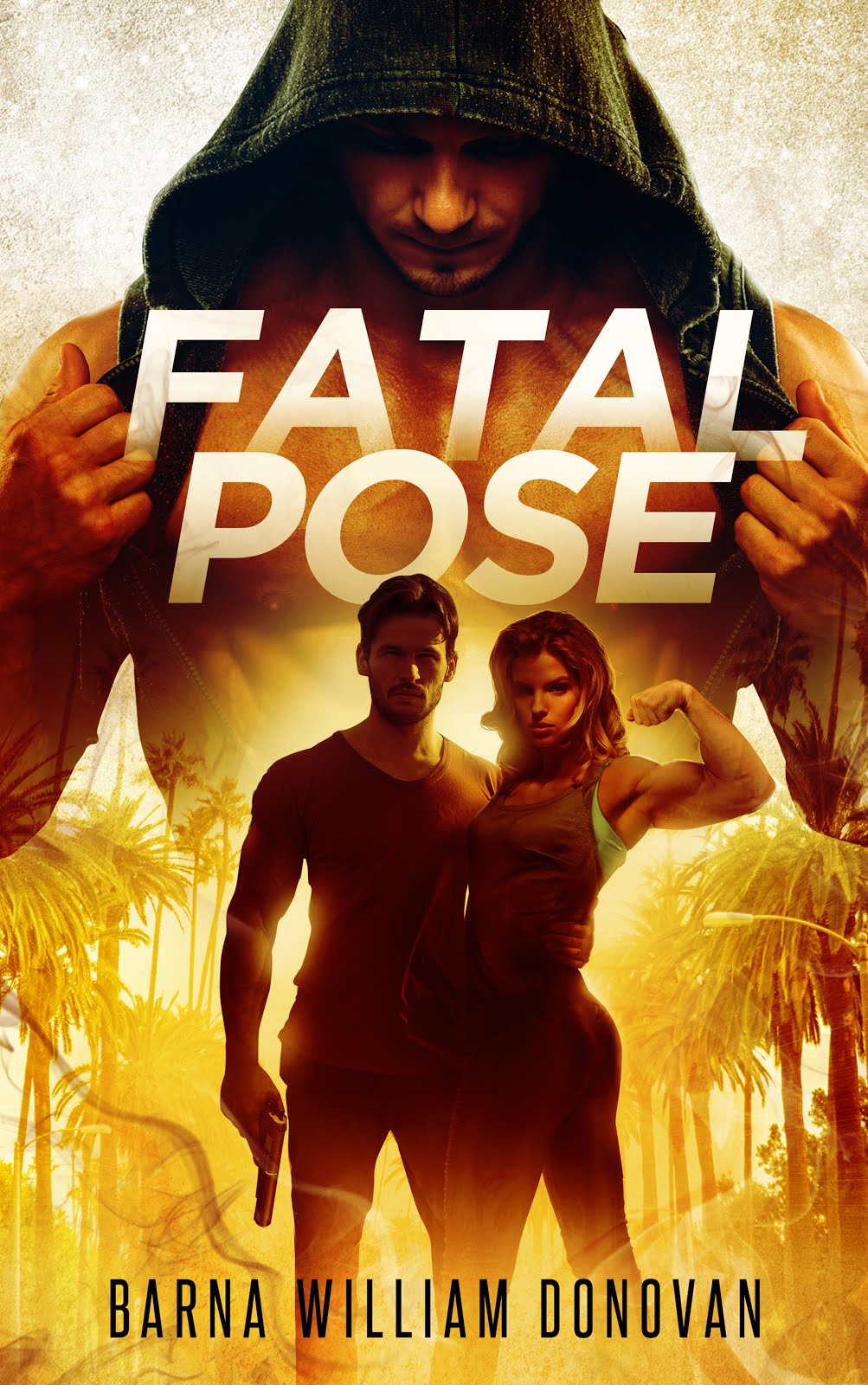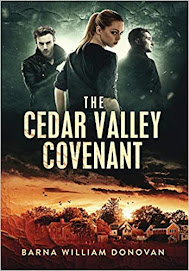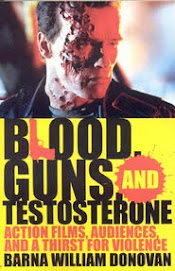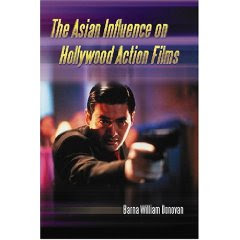When I gave the lecture described in the previous post, one of the challenges I left the students with was to always keep their eyes on the headlines and whether or not any time a major story breaks a conspiracy theory comes sprouting up around it. I didn’t want to make it a bet that a conspiracy theory would follow any such a headline because anyone betting against me would have had no chance of winning.
Well, here we are and I am, if I must brag, right again. The accident that caused the collapse of the Francis Scott Key Bridge in Baltimore on March 26 almost immediately birthed a whole slew of conspiracy theories. This article and this one right here give a good overview of some of the big ones. They range from a controlled demolition of the bridge all the way to theories about the ship that struck the bridge having been hacked, the incident orchestrated by Ukrainians, and a predictive programming conspiracy based on a Netflix film produced by the Obamas. None of these theories have an iota of evidence to suggest they are true, and some of them are so ridiculous as to not be worth anyone’s time trying to debunk them. For example, arguing against a predictive programming conspiracy theory is a lot like arguing with flat Earth believers: no matter the amount of testable, empirical evidence they are presented will change their minds. If anything, it will lead them down that deranged logical canard that says the fact that anyone attempting to counter their foolishness is a proof of its truth because no one would argue against if it was false…or something like that. For another apt comparison, trying to persuade the adherents of the flat Earth theory or a predictive programming theory is akin to trying to teach a pig to sing. All the exercise accomplishes wasting your time and annoying the pig.
Moreover, if the collapse of the bridge was some kind of a conspiracy, the people masterminding it would be some of the dumbest conspirators on the Illuminati New World Order roster. I mean why would they want to wreck the bridge in the middle of the night? If I would be planning to destroy the bridge, I would do it in the middle of rush hour to make sure I can notch as high a body count as possible.
The impact of this kind of a conspiracy culture on greater society is a malignant destruction of all consensus reality for too many people. In the past, Americans might have disagreed and debated—often heatedly—about how best to run the country, how best to respond to events and crises, but at least we all lived in the same world. We all saw reality the same way, although we might have disagreed about the best way to live in it and deal with it. That, unfortunately, is no longer the case. Conspiracism has encouraged all people to make up their own facts, their own reality. It has encouraged them to write their own definition of what a “fact” is and what “evidence” is required to prove facts. Such a world is highly unstable and dangerous.
And another major problem is that this unstable, post-fact world is prompting many to support drastic measures like the censorship of public communication and the silencing of debate and dissent. They react to the anarchic chaos of conspiracy world by supporting the proposal of government-led misinformation directorates. They have been proposed almost from the moment Joe Biden was elected president. Moreover, the administration’s efforts to pressure social media platforms to restrict debates on issues like the origins of Covid, the effectiveness of vaccines, and the destructive economic, mental health, and social effects of the lockdown is met by a shrug by the general population. But, of course, why should anyone pay attention to warnings of government overreach, the erosion of privacy and the rise of an authoritarian surveillance state when the people who issue those warnings have also been propagating conspiracy theories about the New World Order blowing up bridges, putting microchips into vaccines, and spraying mindcontrol chemicals into the atmosphere through chemtrails released from airliners?













